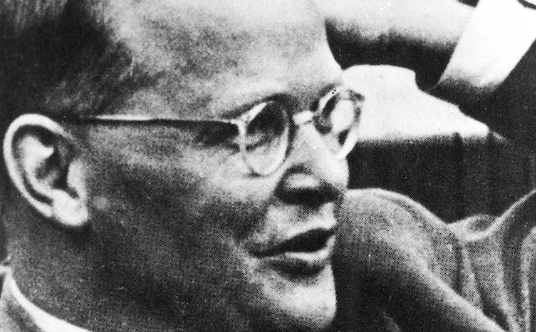How Dietrich Bonhoeffer Resisted Nazi Germany
Dietrich Bonhoeffer, a German theologian and pastor, stands out as a powerful symbol of moral resistance against the Nazi regime. His commitment to faith and ethics in the face of overwhelming oppression not only highlights the importance of standing up for one’s beliefs but also offers a timeless lesson on the necessity of courage in difficult times. Through his writings and actions, Bonhoeffer’s resistance serves as a source of inspiration for those facing moral dilemmas today.
Theological Foundations of Resistance
Bonhoeffer believed that faith should be active and responsive to the injustices of the world. His theological writings emphasized the concept of “costly grace,” which suggests that genuine faith requires personal sacrifice and a willingness to oppose evil. This idea inspired him to take action against the Nazi regime, as he saw inaction as complicity with evil. His participation in the Confessing Church—a movement that opposed the state-aligned German church—demonstrated his commitment to a Christianity that was vocal against tyranny, emphasizing that true faith demands standing up for the marginalized and oppressed.
Involvement in the Resistance
Beyond his theological work, Bonhoeffer was deeply involved in the German resistance against Hitler. He joined the Abwehr, a military intelligence organization, which allowed him to gather information and form connections with other resistance members. Bonhoeffer used his position to assist Jewish people in escaping the Nazis and planned various acts of sabotage against the regime. His famous statement, “Not to speak is to speak. Not to act is to act,” captures his belief that silence and inaction in the face of injustice are unacceptable. This active engagement highlights how ordinary people can take significant risks to fight against systemic evil.
The Legacy of Bonhoeffer’s Resistance
Bonhoeffer’s resistance ultimately led to his arrest in 1943 and execution in 1945, but his legacy endures. His writings, including “Letters and Papers from Prison,” offer profound insights into the nature of faith, ethics, and humanity’s moral responsibilities. Bonhoeffer’s call to action resonates in contemporary contexts where individuals grapple with ethical decisions, reminding us that standing up against injustice is not just a historical lesson, but a crucial aspect of what it means to be human. His life encourages people to reflect on their values and take action, reinforcing that the fight against oppression continues in various forms today.
In conclusion, Dietrich Bonhoeffer’s life and work remind us that resisting injustice takes courage and commitment. His legacy inspires us to engage actively with the issues of our times, encouraging a spirit of moral responsibility that transcends generations. If you’re interested in learning more about Bonhoeffer’s life, writings, and the ongoing relevance of his message, consider exploring resources on theology, ethics, and history.

